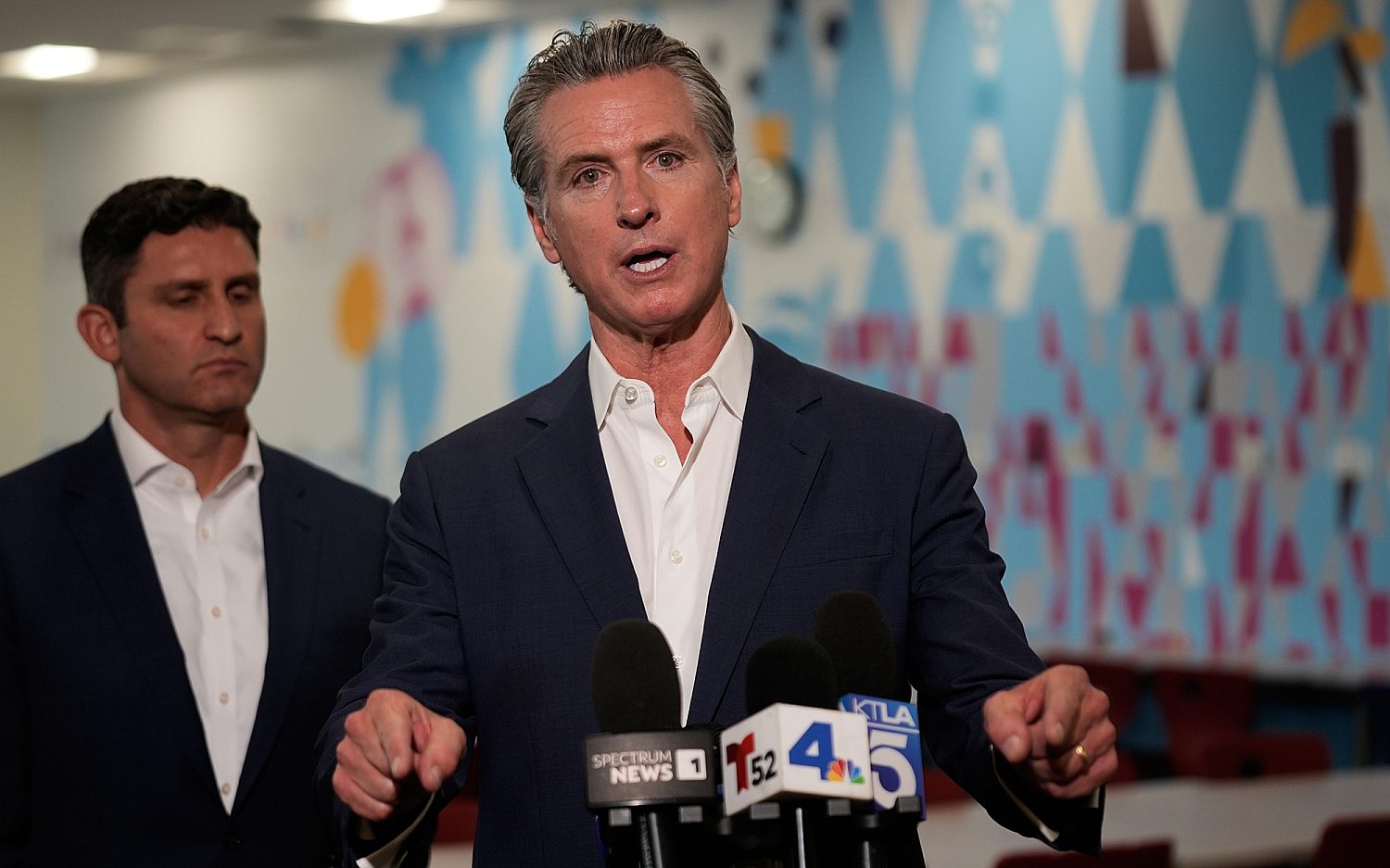Economists: $15 minimum wage will cripple California businesses
California legislators approved the nation’s highest statewide minimum wage—$15 an hour—on Thursday, but critics say they forgot to do their homework before taking their vote.
“In the end, this is not about politics or social justice—this is just about math,” said Mark Perry, an economic scholar at the American Enterprise Institute. “Small businesses don’t just have a magic pile of money somewhere to afford a 50 percent increase in their labor costs.”
California already is the worst state in the country in which to do business, Perry said. The wage increase vindicates a growing social hysteria over higher pay for low-skill jobs, but a $15-an-hour minimum wage will hurt the economy long-term, he said.
The Golden State currently has a minimum wage of $10 an hour—$2.75 above the federal rate. The new increase will phase in incrementally with a $10.50 minimum wage next year, for businesses with 26 or more employees, and increase to $15 by 2022. All businesses, including those with fewer than 25 employees, must comply with the new wage standards by 2023. Gov. Jerry Brown, a Democrat, vowed to sign the law on Monday and said increases could pause pending a budgetary or economic pitfall.
California will be the first state to implement the high minimum wage, but several cities already made the jump. Los Angeles, Seattle, and San Francisco previously approved $15 minimum wages. Oregon plans to pay workers a minimum of $14.75 an hour in cities and $12.50 in rural areas by 2022.
“It’s a matter of economic justice,” Brown said at a press conference to formally announce the new wages. “California is proving once again that it can get things done and help people get ahead.”
New York plans to follow California’s lead and hike its minimum wage as well. Gov. Andrew Cuomo announced a tentative deal with state lawmakers on Thursday to adopt a $15 minimum wage, implementing it first in New York City in 2018 and in the rest of the state by 2021.
The $15 minimum wage effort got its recent push from the “Fight for 15” movement, led by fast food company employees who claim they can’t pay their bills making minimum wage. The movement sparked multiple strikes from McDonald’s employees across the country.
Perry said a $15 minimum wage is slightly more justified in large cities, where the cost of living is already high, but to mandate an increase statewide makes little sense if the goal is to create jobs.
“A minimum wage law doesn’t guarantee a single job,” he said. “It just says it’s now illegal to pay someone less than this imposed wage.”
The California law creates a base 50-percent increase in labor costs for businesses employing low-skill workers. A pizza shop employing a handful of minimum wage workers could end up paying $100,000 more per year, which could destroy small businesses with already low profit margins.
Once California’s minimum wage reaches $15, it will rise annually with inflation. Businesses with fewer than 25 employees will have an additional year to comply with the annual increase.
“If a restaurant now has to pay its dishwashers $15 an hour, everyone above them will have to get paid more as well,” Perry said. “Rural areas will not be able to sustain.”
An actual newsletter worth subscribing to instead of just a collection of links. —Adam
Sign up to receive The Sift email newsletter each weekday morning for the latest headlines from WORLD’s breaking news team.




Please wait while we load the latest comments...
Comments
Please register, subscribe, or log in to comment on this article.